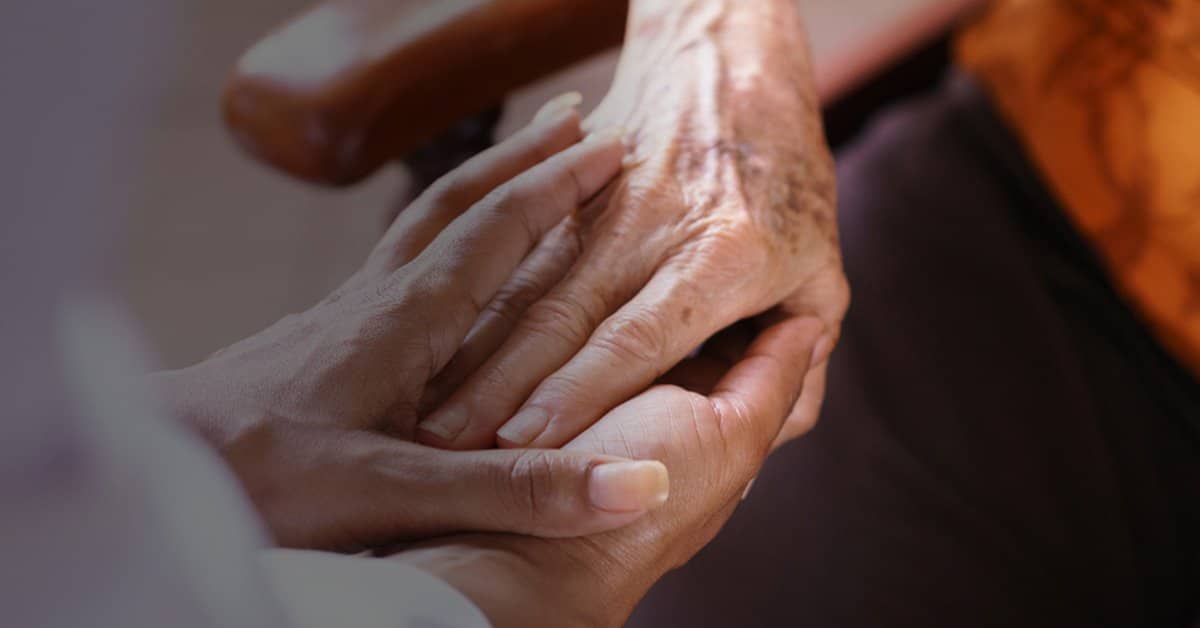Adjusting to the effects of COVID-19 hasn’t been easy for anyone. It’s lonely, frightening, and uncertain. But for most of us, it’s still possible to navigate within our communities. We can make virtual connections, pick up groceries, and take small pleasures in our hobbies.
But for those living with intellectual and developmental (IDD) disabilities, even these everyday tasks can become significant obstacles to wellness.
The Plight of Social Service Workers
Workers in the social services field are already familiar with an uncomfortable truth: the disabled community is direly underfunded and understaffed. Even in the best of times, carers, respite workers, direct support workers, and other social service professionals are stretched woefully thin. There are simply too many folks needing help and not enough professionals to go around.
Unfortunately, all challenges faced by the disabled community in non-pandemic times are magnified tenfold during a global health crisis. Now, the field is stretched to the breaking point. Workers who are employed may not be able to enter the homes of their clients for fear of spreading the virus. Often, workers have multiple clients, increasing the possibility of transmission.
Everyday Needs
Because of the stay-at-home and social distancing orders, IDD individuals cannot access some of the most basic services. These services are essential for safe and comfortable everyday living, like home care, getting groceries, and even proper handwashing techniques. Many of these activities require close contact, which poses unique challenges, both for those living independently and in care facilities.
Fear of spreading the virus is limiting these services for IDD individuals and putting many at risk, both physically and psychologically.
How do you have that conversation with a disabled loved one? Some caretakers would rather avoid it entirely. “Well, it will just upset them,” they’ll say, or, “They won’t understand it.”
Categorically, this is not true. An IDD doesn’t stop someone from recognizing that the world has been turned upside down, and it isn’t a reason to exclude them from the conversation. Not being in the know can be frightening, and downplaying their emotions can have adverse effects.
The Breakdown
We all know what it feels like to be isolated by this illness. For IDD individuals, however, this can mean a total lack of community access, leading to isolation from all social interactions. It interrupts the flow of routine, and IDD individuals will struggle to accept these drastic changes. Routine represents security and normalcy, which is especially important right now.
Beyond these disruptions, staying at home, day in and day out, can make anyone restless. The absence of mental and emotional stimulation can be particularly taxing for folks with intellectual and developmental disabilities.
Resources That May Help
Although our situation is dire, just know that you or your loved ones don’t have to go through it alone. There is help available.
Here are just a few resources to get you started.
- For talking to a loved one or client with an IDD
- COVID-specific resource list for IDD individuals
- Activities for IDD individuals *Not all are social-distancing appropriate, but they may help inspire creativity.
For more information, or to find out how you can help, reach out today.

































































